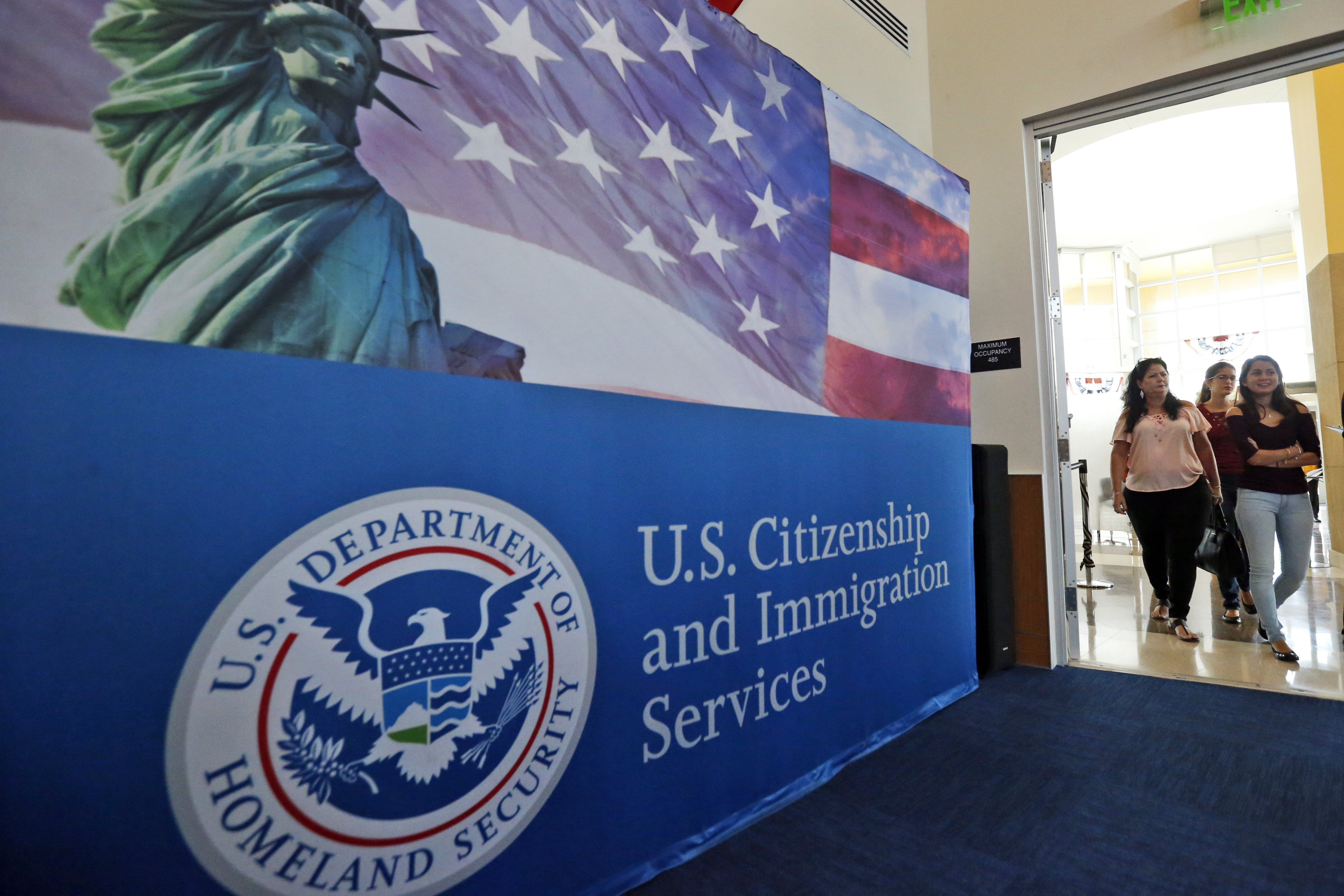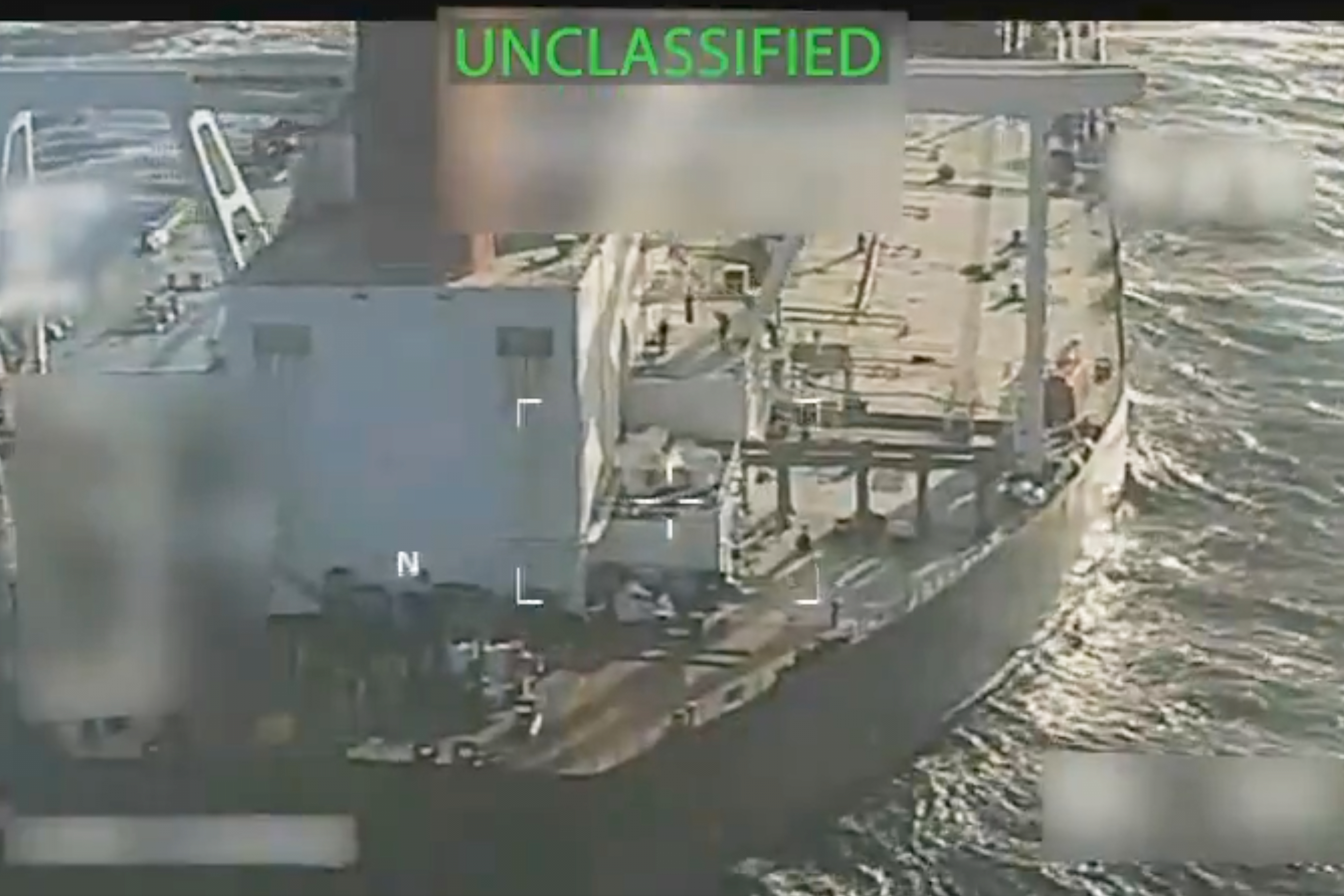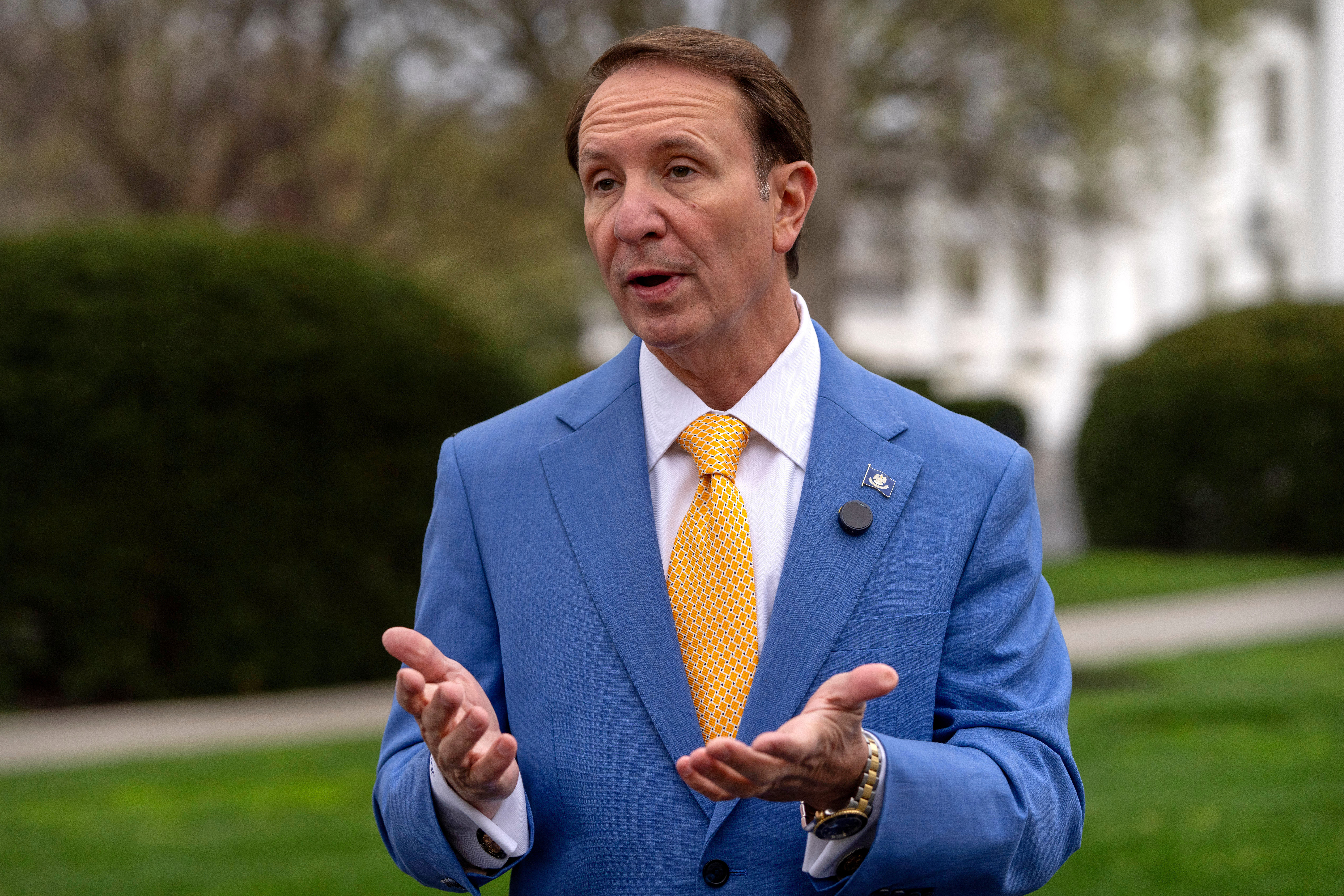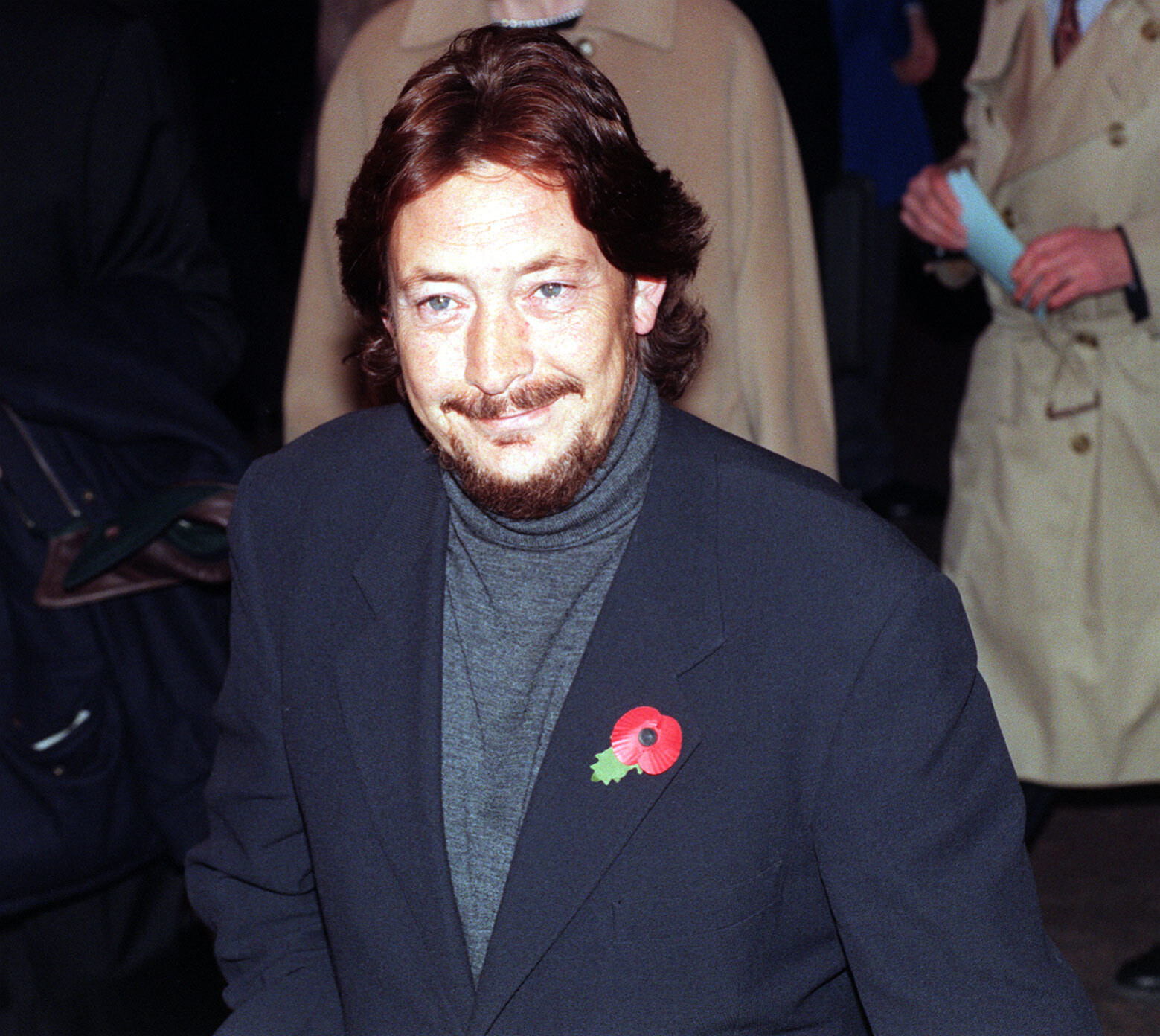European Union leaders said Friday they will continue applying pressure on Russia by devising a new set of “massive” sanctions to punish Moscow for its invasion of Ukraine while stepping up military support for Kyiv.
Speaking at the conclusion of a two-day EU summit outside Paris, French President Emmanuel Macron said all options are on the table for a fourth package of coercive measures targeting Russia if President Vladimir Putin escalates his war efforts.
If Putin “intensifies the bombing, lays siege to Kyiv and intensifies the scenes of war, we know that we will have to take massive sanctions again,” Macron said.
Since the war started last month, the EU has adopted tough measures targeting Putin, Russia’s financial system and its high-maintenance oligarchs. Earlier this week, the bloc’s nations agreed to slap further sanctions on 160 individuals and added new restrictions on the export of maritime navigation and radio communication technology.
They also decided to exclude three Belarusian banks from SWIFT, the dominant system for global financial transactions. Altogether, EU restrictive measures now apply to a total of 862 individuals and 53 entities.
The head of the EU’s executive arm, European Commission president Ursula von der Leyen, said the arsenal of sanctions has already started to take a toll on Russia’s economy.
“You see that the ruble is in freefall. It has lost more than 50% compared to the euro,” she said. “You see that there are skyrocketing interest rates in Russia. You see a soaring inflation. The rating agencies do rate the Russian bonds as junk by now.”
In a statement published after the summit, von der Leyen said the fourth package of sanctions will further isolate Russia “and drain the resources it uses to finance this barbaric war."
She said the EU will work in lockstep with Group of Seven countries to ramp up the pressure against Moscow.
“We will deny Russia the status of most-favored-nation in our markets," she said. “This will revoke important benefits that Russia enjoys as a WTO (World Trade Organization) member. Russian companies will no longer receive privileged treatment in our economies."
Von der Leyen added that Western allies will also aim to suspend Russia’s membership rights in leading multilateral financial institutions, including the International Monetary Fund and the World Bank.
“We will ensure that Russia cannot obtain financing, loans, or any other benefits from these institutions," she said.
Among possible new measures against Russia and its ally Belarus, cutting all their banks from SWIFT is a discussed option. A total embargo on fossil fuels imports from Russia similar to the one imposed by Washington could also be approved at some point, Macron warned.
“Nothing is forbidden, nothing is taboo,” he said. “We will do everything we consider effective to stop Russia in this path of aggression.”
Efforts to agree on a boycott are complicated because some EU countries, including Germany and Italy, are much more dependent than others on Russia. Poland gets 67% of its oil from Russia, while Ireland receives only 5%.
Italian Premier Mario Draghi sounded deeply skeptical that Putin’s goal is to reach a peace agreement.
“To search for peace, one has to want it,” he said. “Today he doesn’t want it. The plan seems to be something else. I hope that as soon as possible some glimmer (of hope for peace) can be realized.”
As for sanctions, Draghi said that those already imposed are “very heavy and were adopted by all member countries without hesitation. They can become even heavier.”
Luxembourg Prime Minister Xavier Bettel said threatening Russia with new sanctions should be used to obtain a quick cease-fire.
“We need to apply high pressure and be successful,” he said.
To support Ukraine, Borrell said he proposed to leaders to inject an extra €500 million euros into the EU fund for military aid, as Russia widens its military offensive. On Friday, Russia struck near airports in the west of the country for the first time as troops kept up pressure on the capital, Kyiv.
“I made the proposal to double our contribution,” Borrell said. “This is what we are going to do. ... And it is going to be done immediately.”
The EU had previously agreed to spend 450 million euros ($500 million) on military supplies for Ukrainian forces in an unprecedented step of collectively supplying weapons to a country under attack. EU countries and NATO have excluded the option of a direct military intervention in Ukraine.
Additional reporting by The Associated Press.










